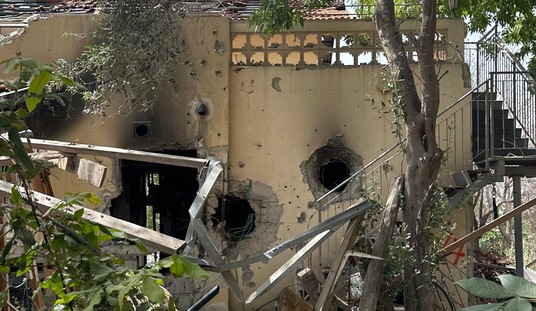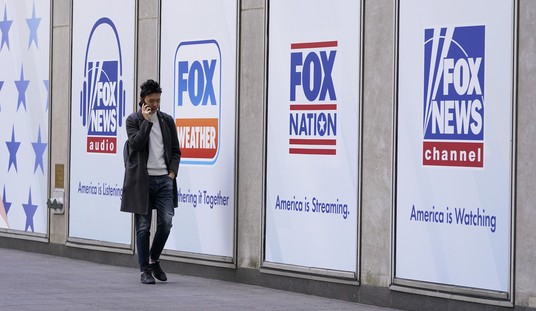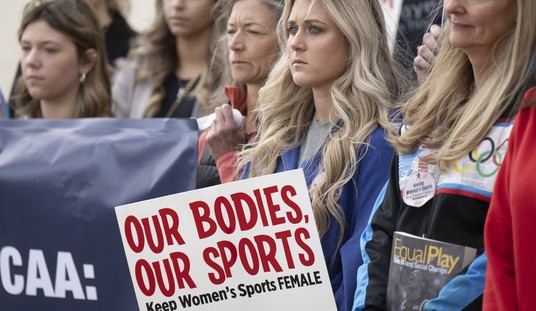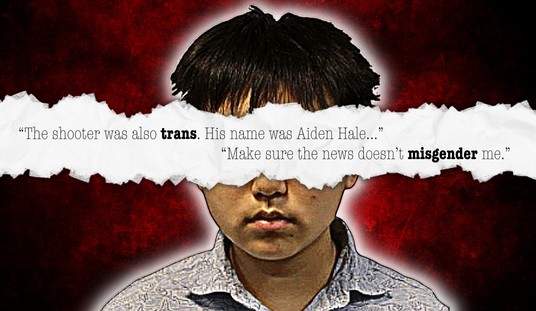The Fourth of July is a patriotic holiday but patriotism has long been viewed with suspicion or disdain by many of the intelligentsia. As far back as 1793, prominent British writer William Godwin called patriotism "high-sounding nonsense."
Internationalism has long been a competitor with patriotism, especially among the intelligentsia. H.G. Wells advocated replacing the idea of duty to one's country with "the idea of cosmopolitan duty."
Perhaps nowhere was patriotism so downplayed or deplored than among intellectuals in the Western democracies in the two decades after the horrors of the First World War, fought under various nations' banners of patriotism.
In France, after the First World War, the teachers' unions launched a systematic purge of textbooks, in order to promote internationalism and pacifism.
Books that depicted the courage and self-sacrifice of soldiers who had defended France against the German invaders were called "bellicose" books to be banished from the schools.
Textbook publishers caved in to the power of the teachers' unions, rather than lose a large market for their books. History books were sharply revised to conform to internationalism and pacifism.
The once epic story of the French soldiers' heroic defense against the German invaders at Verdun, despite the massive casualties suffered by the French, was now transformed into a story of horrible suffering by all soldiers at Verdun-- French and German alike.
In short, soldiers once depicted as national heroes were now depicted as victims-- and just like victims in other nations' armies.
Recommended
Children were bombarded with stories on the horrors of war. In some schools, children whose fathers had been killed during the war were asked to speak to the class and many of these children-- as well as some of their classmates and teachers-- broke down in tears.
In Britain, Winston Churchill warned that a country "cannot avoid war by dilating upon its horrors." In France, Marshal Philippe Petain, the victor at Verdun, warned in 1934 that teachers were trying to "raise our sons in ignorance of or in contempt of the fatherland."
But they were voices drowned out by the pacifist and internationalist rhetoric of the 1920s and 1930s.
Did it matter? Does patriotism matter?
France, where pacifism and internationalism were strongest, became a classic example of how much it can matter.
During the First World War, France fought on against the German invaders for four long years, despite having more of its soldiers killed than all the American soldiers killed in all the wars in the history of the United States, put together.
But during the Second World War, France collapsed after just six weeks of fighting and surrendered to Nazi Germany. At the bitter moment of defeat the head of the French teachers' union was told, "You are partially responsible for the defeat."
Charles de Gaulle, Francois Mauriac, and other Frenchmen blamed a lack of national will or general moral decay, for the sudden and humiliating collapse of France in 1940.
At the outset of the invasion, both German and French generals assessed French military forces as more likely to gain victory, and virtually no one expected France to collapse like a house of cards -- except Adolf Hitler, who had studied French society instead of French military forces.
Did patriotism matter? It mattered more than superior French tanks and planes.
Most Americans today are unaware of how much our schools have followed in the footsteps of the French schools of the 1920s and 1930s, or how much our intellectuals have become citizens of the world instead of American patriots.
Our media are busy verbally transforming American combat troops from heroes into victims, just as the French intelligentsia did-- with the added twist of calling this "supporting the troops."
Will that matter? Time will tell.

























Join the conversation as a VIP Member